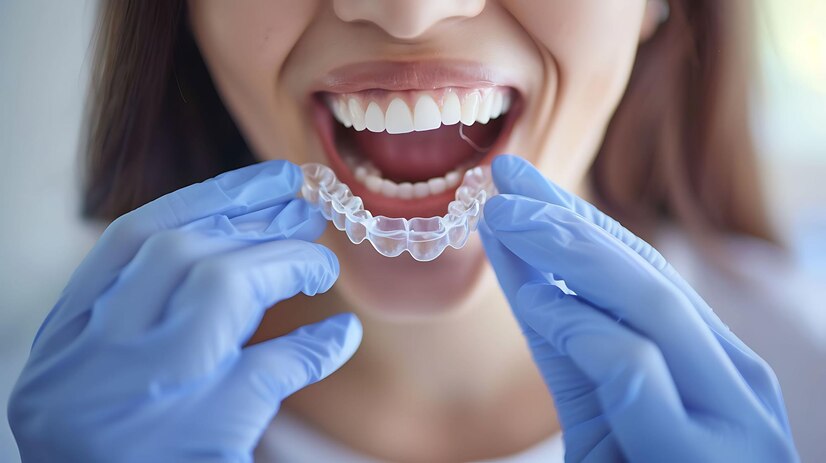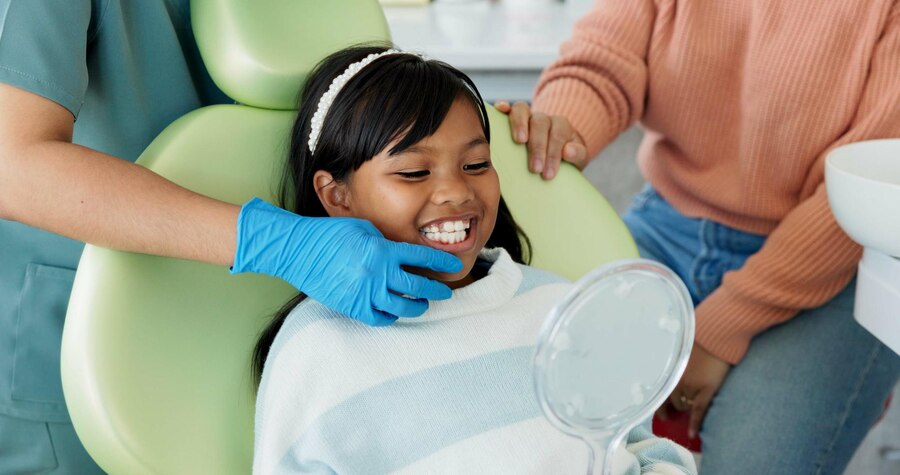Cosmetic dentistry has grown to be a multibillion-dollar industry in an era where smiles are seen as a declaration of confidence as much as a reflection of dental health. Here are the top five cosmetic dentistry operations in this blog post. Now let’s move!
- Whitening of the teeth: Professional teeth whitening is the first step in having a more radiant and brighter smile. Patients can immediately see effects from in-office procedures, with their teeth appearing up to three shades lighter. Even though many of the kits available on the market are safe, a dentist can oversee the procedure to verify that everything is done correctly and to prevent any potential adverse effects, such as tooth sensitivity.
- Veneers for teeth: Dental veneers are yet another typical treatment. Veneers cover up flaws in the teeth that range from discoloration to destruction. They can also correct crooked teeth, giving the appearance of a healthier, straighter grin. Applying veneers is a delicate art form that calls only a small amount of tooth reduction in order to guarantee a strong attachment and a natural-looking result. To get the desired result, precise craftsmanship and bonding are essential.
- Implants for teeth: Any person who is missing teeth might find confidence and optimism in dental implants. They are a great option if you have one or more missing teeth. Compared to partials and dentures, they are far more comfortable and provide a permanent solution. Getting dental implants is a well-planned procedure that calls for skill and accuracy. To position dental implants correctly and guarantee that the gums and jaw are in good health, dentists employ cutting-edge imaging technology.
- Treatments for Orthodontics: Beyond braces, orthodontic treatments have advanced. These days, clear aligners are far more common, particularly with adults. To meet a variety of orthodontic needs, these clear devices provide highly customizable treatment that is discrete. These advances are complemented by contemporary orthodontic procedures, which offer answers for challenging patients. They ensure that patients have a comfortable and fulfilling journey towards healthy smiles, while also providing psychological and cosmetic benefits.
- Bonding between teeth: Dental bonding is a flexible cosmetic surgery that uses artistry and expertise to improve smiles. Expert dentists skillfully bind and shape tooth-colored resin to patients’ teeth to address flaws like gaps, chipping, and discoloration. With a rapid makeover that blends in perfectly with your natural teeth, this non-invasive, reasonably priced procedure gives you a bright, self-assured smile that feels just as good as it looks.
Final Thoughts
Numerous alternatives are available in modern dentistry to improve your smile. There is a cosmetic dentistry process designed to meet your specific demands, whether you’re looking for the brilliant brightness of teeth whitening, the delicate artistry of veneers, the structural stability of dental implants, the amazing adaptability of dental bonding, or the accuracy of clear aligners.
The result is always the same, regardless of the route you take: a brilliant, self-assured smile that makes an impression. You’re going to have no trouble showing the world your best self when you follow the advice of a knowledgeable dentist in Everett WA and make a commitment to maintaining good dental health.



